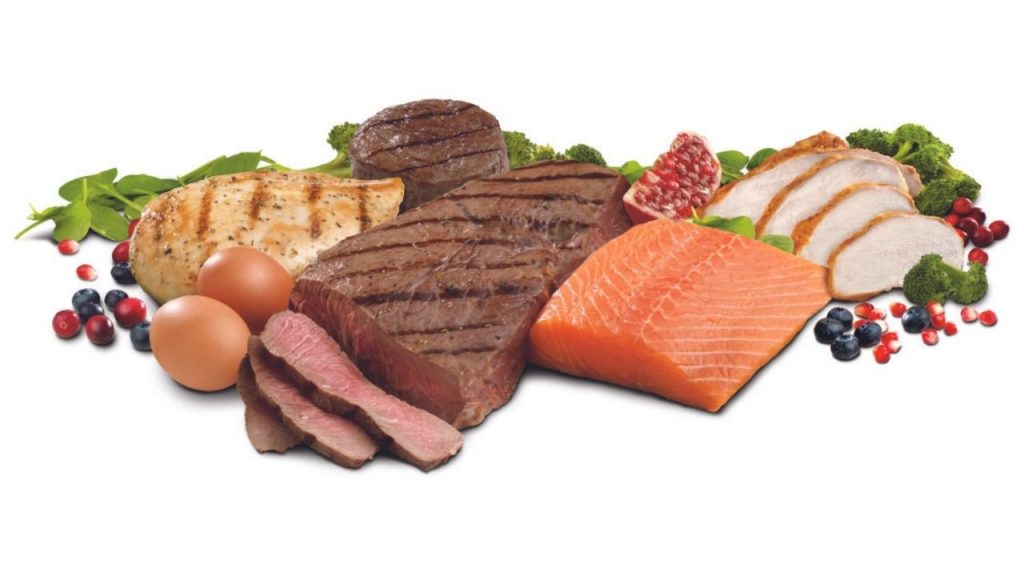5. Not getting enough protein

Protein is an important nutrient that plays many roles in the body, including building and repairing tissues. It’s especially important for athletes and people who are trying to build muscle, but it’s also important for anyone looking to maintain a healthy weight.
When you’re not getting enough protein, you may be more prone to muscle loss and weakness. This can be especially problematic if you’re trying to build muscle or if you’re following a weight loss program that involves exercise. Without enough protein, your body may not have the necessary building blocks to repair and rebuild muscle tissue, which can lead to muscle loss.
In addition to muscle loss, not getting enough protein can also have other negative effects on your body. For example, protein is important for maintaining strong bones, and a protein deficiency can lead to osteoporosis. Protein is also important for maintaining a healthy immune system, and a deficiency can make you more prone to illness.
Finally, not getting enough protein can also make it more difficult to lose weight. Protein is more satisfying than carbohydrates and fat, so if you’re not getting enough protein, you may be more likely to feel hungry and give into cravings. This can make it harder to stick to your diet plan and may lead to weight gain.
Overall, it’s important to make sure you’re getting enough protein in your diet to support muscle health, strong bones, and overall health. This is especially important if you’re trying to lose weight or build muscle.
6. Not eating enough vegetables

Eating enough vegetables is important for many reasons. First and foremost, vegetables are an important source of nutrients. They’re high in fiber, vitamins, and minerals, and they’re low in calories, making them a great choice for anyone trying to maintain a healthy weight.
In addition to their nutritional benefits, vegetables are also important for digestion. The fiber in vegetables helps to keep your digestive system healthy and can help prevent constipation. Vegetables are also high in water content, which can help keep you hydrated.
Not eating enough vegetables can have negative effects on your health. A diet low in vegetables is associated with an increased risk of some health problems, including heart disease, type 2 diabetes, and some types of cancer. Vegetables are also important for maintaining a healthy weight, and not eating enough vegetables can make it harder to lose weight or maintain a healthy weight.
If you’re not used to eating a lot of vegetables, it can be hard to incorporate them into your diet. One way to increase your vegetable intake is to make sure you’re including at least one serving of vegetables at each meal. You can also try adding vegetables to recipes you already enjoy, such as adding spinach to smoothies or grated zucchini to muffins. Another option is to try snacking on vegetables, such as carrot sticks or cherry tomatoes, instead of more calorie-dense snacks.
Overall, it’s important to make sure you’re eating enough vegetables to support your overall health and weight management. Aim for at least five servings of vegetables per day to get the most benefits.